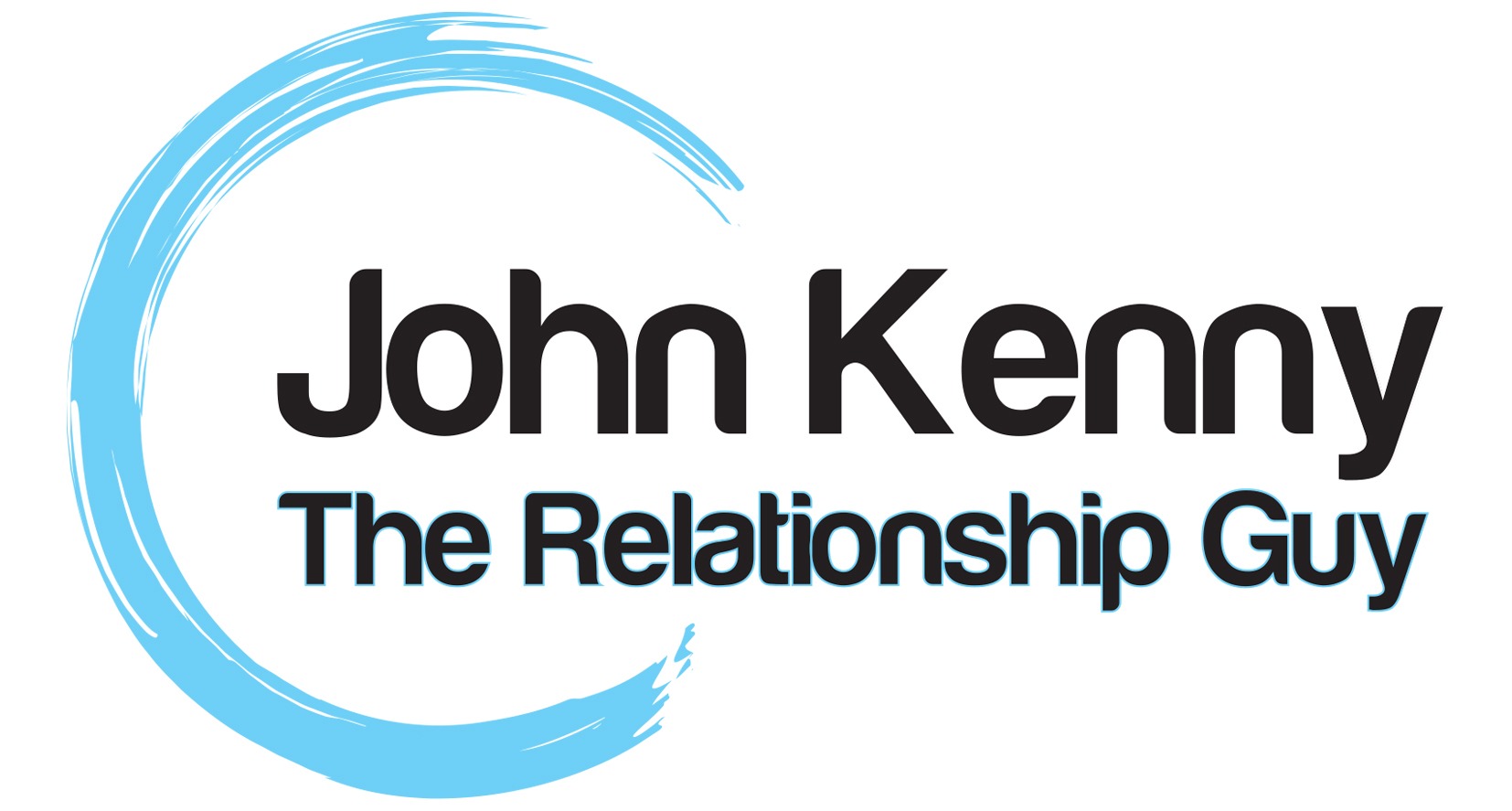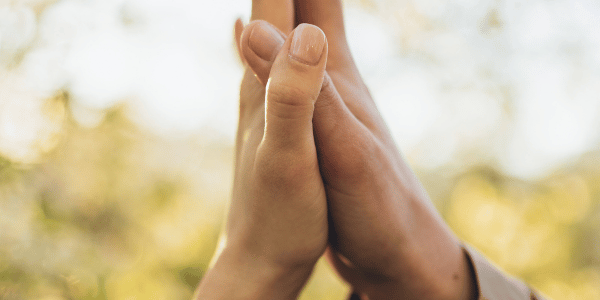I was talking to a client the other day about how uncomfortable they feel when being hugged or, when they meet someone who insists on giving them a kiss on the cheek when they meet up.
There are many reasons why people find physical closeness uncomfortable, generally from shutting down, pushing people away based on difficult earlier relationship experiences, where touch could have been a negative thing or was given and removed or just not given at all, that have led to them needing to keep their space safe.
Some neurodiverse people also report an aversion to touch.
Not that it is wrong to have your own personal space, but when these people are your close loved ones, then it can lead to issues in connection and building the closeness that makes us feel secure.
One of the reasons that allowing people to be closer to you is because of the significance of human touch itself.
We saw the fallout of this for some people during the pandemic, when we weren’t supposed to get close to anyone (and we know it was harder to follow these rules for some than it was for others).
Why is touch so important?
Well, it is through touch that we can experience the deepest forms of human connection, intimacy and trust (just some of the reasons why people find it hard to engage with).
Skin is the largest organ of your body and sends sensations of touch to your brain, whether they be good or bad.
There are scientific and medical reasons behind all of this and research demonstrating the need for it is vast. It plays a crucial role in our development, social connection, communication, reducing the feelings of loneliness, pain relief and overall health.
As I have talked about in my attachment styles work, infants literally have been shown not to survive without it. Skin to skin contact in the first hours of birth, regulate an infant’s heart rate, breathing and decreases crying. Oxytocin is released in the mother, the bonding hormone, plus other hormones to promote relaxation.
Studies have shown that if an infant is fed and watered, but physical touch is removed then they struggle to feel secure and can shut down, can increase stress and depression in later life as well as having negative effects on physical health, such as immune system diseases and mental health, such as neuron development.
Touch can provide solace and comfort in times of grief, trauma and illness.
I have had clients in the past who only received physical attention from their parents when they were ill and so as adults can feign illness in order to recreate this type of bonding experience.
A study that I have discussed in my workshops put people into an MRI machine and noted the impacts of being told they were going to be given a shock. The shock wasn’t administered, they were just told it was going to be.
Having their hand held, even by a stranger, lowered the stress response significantly when compared to no one holding their hand at all. It has even been shown to help those with borderline personality disorder in lowering the severity of their symptoms.
Hugging is a very important act when it comes to human contact.
Would you believe that even hugging yourself can lower your stress levels and reduce the amount of cortisol release (the stress hormone), into your body.
One study on women found that receiving more hugs from their partners led to lower heart rates and reduced blood pressure.
The length of a hug and how heartfelt it is, is also important.
It has been suggested that once a hug lasts longer than 5 seconds, it begins to create a connection between you, so if you want to keep it light, hug for less, if you want to build that bond and reap the full benefits, then 5 seconds is minimum.
Just be aware of your own limit of comfortability, when it can start to feel a bit awkward – the shall we let go now point. But know that all round, a regular hug is beneficial to your emotional, physical and mental wellbeing.
Human touch is a powerful form of nonverbal communication. It allows you to convey a wide range of emotions, comfort, support, compassion and empathy without the need for words (especially significant if your primary love language is physical touch).
Think about a simple touch, a handshake, a pat on the back and how these can convey warmth, acceptance, compassion and understanding. Establishing social bonds, fostering connection and enhancing relationships and helping you to feel seen, heard and valued.
Without touch from other living things, you can become what is known as being touch starved, develop skin hunger or touch deprivation. Something that can be common among the elderly and those that live alone or don’t socialise a great amount.
Intimacy through touch in a personal relationship helps to affirm and reaffirm bonds and sexual interaction connects at a level that some other physical touch just can’t reach.
That is why in some people intimacy and sex are a no go, to avoid connection and in other cases you can use sex as a make up tool after a fall out, to re-connect or mistake sexual interactions as love, due to the connection it can create and the hormones that can be released (along with the psychological links that you can make).
There are also the other types of healing and therapeutic approaches that require touch and can help you to feel better if you may believe you are developing this or experiencing a lack of personal interactions.
Massage therapy, physical therapy and other forms of hands-on techniques that can alleviate physical discomfort, promote relaxation, improve circulation and enhance recovery from injuries.
I mentioned oxytocin earlier and how it helps to create bonds between us. It can also help with positive thinking and a more optimistic outlook on life. Other hormones are also released when we connect physically – levels of dopamine and serotonin, neurotransmitters that help to regulate your mood and relieve stress and anxiety. Dopamine is also known as the pleasure hormone and you may regularly do things to get a dopamine hit as it regulates the pleasure centre of your brain.
So, whilst listening to this, what questions have you asked yourself about how much human touch you experience in your life?
Do you get enough to feel connected, to trust and feel secure with others? To feel good within yourself?
Do you struggle as my clients have done with engaging in human contact?
Are you aware of your own levels of avoidance and tactics that you use to keep a physical and therefore emotional distance? And why they are there?
If you aren’t getting enough physical touch, how can you introduce more of it into your life?
Even if you are lucky enough to have people in your life where there is an openness to being close, it may still not be enough for you to feel connected or reap the benefits it can offer.
It doesn’t need to be your significant other, either. Friends, family and even your pets (which have been shown to help with release of oxytocin – but you need to pet them a while).
I have already mentioned massage as a way of increasing the levels you can access and this has been shown to have extensive benefits. Decreases in depression, increased attentiveness and enhanced immune systems. Maybe don’t choose a sports massage or something too deep tissue though!
How about a manicure or pedicure, or other types of spa treatments. A visit to the hairdresser.
Have you ever tried a weighted blanket? Yes, I know this isn’t exactly human touch, but they have been seen to calm the nervous system in the same manner and could be an easier way in if the thought of human closeness is too much to consider right now.
When it comes to touch, consent is key.
Don’t think because that it is so important that you will doing someone a favour to force it onto them. Or that they are obligated to offer it to you either.
Understand that we all have our own levels of comfortable, with different people and asking if it is ok – ‘are you a hugger’ for instance should stop any possible miscommunication and issues.
Noone should ever be pressurised into it. Especially children being forced to kiss and cuddle a relative they don’t want to! We all need to learn boundaries and have ours accepted and adhered to as often as possible.
This may not go down well with auntie Sue, but she will get over it.
To conclude. Human touch is recognised as highly significant and important in your daily life. With benefits to your emotional, mental and physical wellbeing. You could even say it is essential to your wellbeing.
Incorporate as often as possible into your daily life, being ware of respecting personal and cultural norms when it comes to touch. Make it a positive and consensual experience.
With this in mind, if you want to build deeper and more meaningful relationships, then physical touch is a good way to go.
In the absence of loved ones or friends, look for other avenues, like a pet or get that manicure.
Self-hug, remember that can help too. Rubbing in your moisturiser or take extra time washing your hair, or in my case rubbing your scalp.
Anything you can do to get those good hormones flowing and make yourself feel better.
Think you may want some help in creating closer bonds with others or would like to attract more loving relationships into your life, then please do reach out so we can discuss it, with the utmost confidentiality.
Click on the link in the notes for the contact page on my website or email me at john@johnkennycoaching.com

